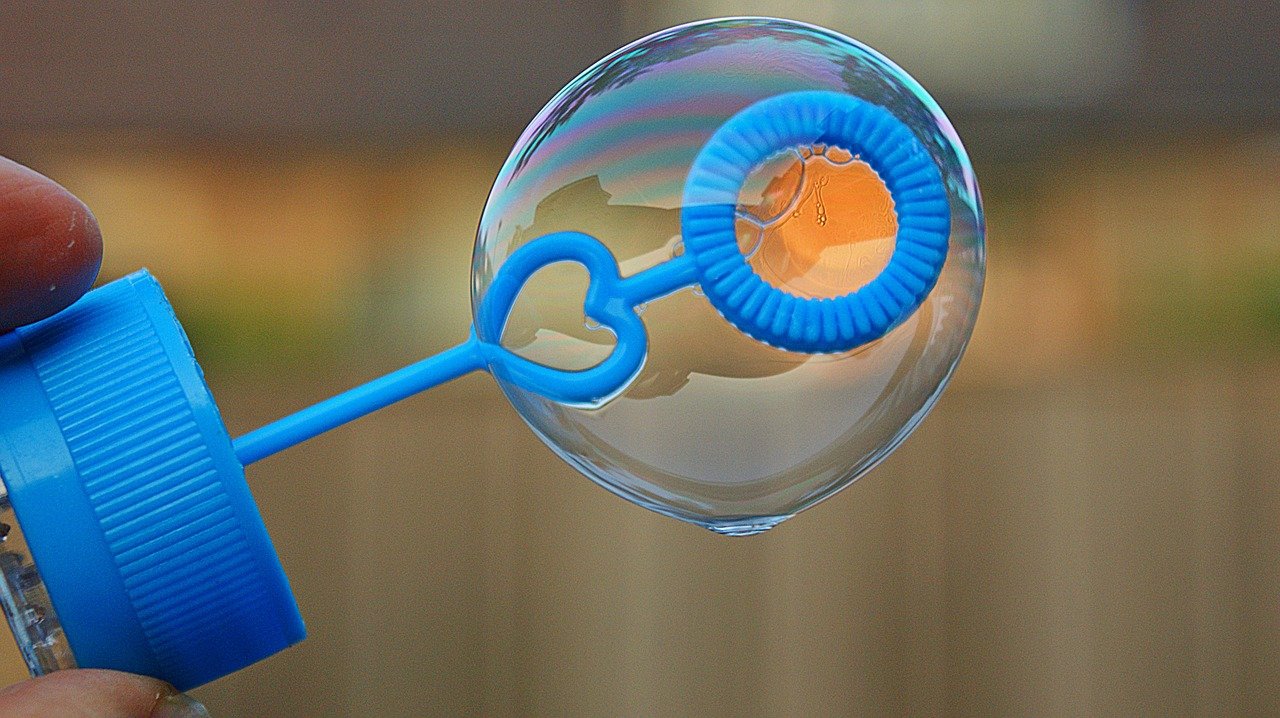Post-adoption support is exactly what the name suggests. It’s help and support which is provided to adopted children and their family after an adoption order has been granted. As with all things to do with adoption, the available support, waiting times, and ease of accessing help varies depending on where you live, and your agency.
I thought it would be helpful to read about other adopters’ experiences of accessing post-adoption support. The good and the bad. And any tips for making it an easier process.
This interview with Christina was first published in 2021 where she shares the support she and her family have accessed. You can read all about her journey to meeting her beautiful and inspiring daughter J, here. J has complex disabilities as a result of her early life experiences.
Was a support plan agreed as part of matching / when your child was placed?
No is the simple answer to this. We were young and naïve in regards to the process, completely unaware of our rights and what we could request. Despite reading in document after document that our daughter was at high risk of placement breakdown throughout her life and had complex and challenging needs, there was no support or long-term plan put in place for us as a family.
Instead, time after time we nervously await the government’s announcement regarding the Adoption Support Fund (ASF) and wonder where it will leave us if this fund ever gets stopped.

How long after your child had been home, did you realise you needed some extra support?
It was the social worker who first offered us access to support. She had come across a leaflet about a local adoption charity who were holding a sensory integration event by Sarah Lloyd. We attended this course and Sarah Lloyd and the occupational therapists from the charity recommended that we request some sensory integration therapy. We actually accessed the adoption support fund twice before we even had our court order.
About a year later, during what I can only describe as the worst summer holidays we’ve experienced, everything got too much. I put my pride behind me and we asked for support.
Who did you contact to obtain help?
I contacted our social worker who had taken us through the adoption process. She was always at the end of the phone to talk so I thought she was the best person to start with.
Did you get a quick response?
The response did take a little longer than I expected, considering I was crying out for help. I was called back after about two weeks. My social worker explained that she had been on annual leave and they felt it was important for her to pick up with us due to our daughters’ complex history and needs. It would’ve helped us greatly if this had been communicated to us.
What happened next?
Our social worker arranged to visit us. We had moved two hours away from where we originally lived due to the financial implications of my being unable to return to work, and the extra costs around having a child with complex needs. We moved to an area that was more affordable for us. This did not phase our social worker and she very quickly hopped on a train to meet us.
It was very informal. She talked through our struggles and what we were looking for. She asked to visit the school to look around and spent a few minutes saying hello to our daughter. She very quickly applied to the ASF for a trauma and developmental assessment which took place in a timely manner.
Did you feel like your concerns were taken seriously? If not, did you stick with that organisation or did you go somewhere else?
I was worried, as most parents would, that our daughter’s behaviour and struggles would be brushed off. That they would say we were bad parents or that her needs were normal for a child her age. But I was completely wrong.
The organisation that carried out the trauma and developmental assessment was AMAZING! They could not have been more understanding. They were so reassuring and understanding. When we received the written report, they just got everything. Nothing was missed.
From the small snippets of her life they’d seen, they were able to confirm that the behaviour we experienced was a result of her long-term childhood trauma. They diagnosed attachment disorder, complex developmental trauma, PTSD, and severe disassociation. But best of all, they put a plan together. We couldn’t have asked for any more.
It was like a massive weight had been lifted. We want our daughter to have as near normal childhood and adulthood as possible and this could really help.
What type of support were you offered?
As a result of the trauma and developmental assessment, we were advised to start long-term intense Dyadic Developmental Psychotherapy (DDP). This currently happens weekly over Zoom due to the pandemic.
We were not very optimistic about therapy via Zoom but we knew we had to give it a try. Although we know it is a long, slow process, there have been some slight improvements already in our attachment in the few months we’ve been attending.

Was there a waiting list or did you start quite quickly?
There were a couple of months wait for the trauma and developmental assessment, but the DDP therapy started very quickly.
Once the support started, did it help in the way you needed it to?
The sensory therapy was positive. We’ve just had six months off where we have continued to do the therapy home-based and we are now applying to restart another block of sensory integration therapy.
The DDP therapy is a long slow process and we’re prepared to be in this for the long haul. But we’re excited by the results so far. We know that there is no magic wand that can be waved but anything that can help our daughter process her trauma and form better attachments to us is a win.
Is the support ongoing or was it for a specific number of sessions or period?
The sensory therapy was once a month for a block of six months. It was then recommended by the therapist that we take six months off and go back again for another six months. Now we are trying to get this funded again but it is proving more difficult.
The DDP therapy takes up all of the ASF money. The placing LA has already had to match fund quite a substantial amount of money last year and we are asking them to do this again for this coming year.
The DDP therapy is ongoing which is every week for 1-1.5 hours for the foreseeable future. It is reviewed every year to check on the progress and that it is still the appropriate therapy.
What would your advice be to anyone nervous about asking for support?
Please don’t be nervous. Put your pride behind you and ask for help. Once I got past asking for the first time, there was no stopping me. I will fight to get my daughter absolutely anything she needs. I am a social worker’s worst nightmare! I always think back to our matching panel, where I promised I would do everything within my power to advocate for this little girl. So that’s exactly what I will do.
I honestly believe that the therapy our daughter is currently receiving should have been started a long time ago. I think it’s so important for social workers to start looking into the therapies they believe a child may require when with their forever family, early on, rather than waiting for a family to be in crisis.
There have been times when social workers felt the support I was asking for wasn’t right for my daughter. Or they’ve questioned her diagnosis of FASD or told me I would never receive the FASD diagnosis. But you know what is best for your child. They are your child, and you deserve every bit of support that is available to you.
Without the diagnoses we currently have, we would be unable to attend some of the groups we attend. We’ve managed to get an EHCP with full-time 1-1 support all day at school. Now we can understand our daughters’ brain better and parent her better.
Whether you need to ask for help on week one or year 10, this does not by any means make you a failure. It makes you one amazing person for asking for help.

Head over to the post-adoption support section to find out more about what it is and how to access it.



